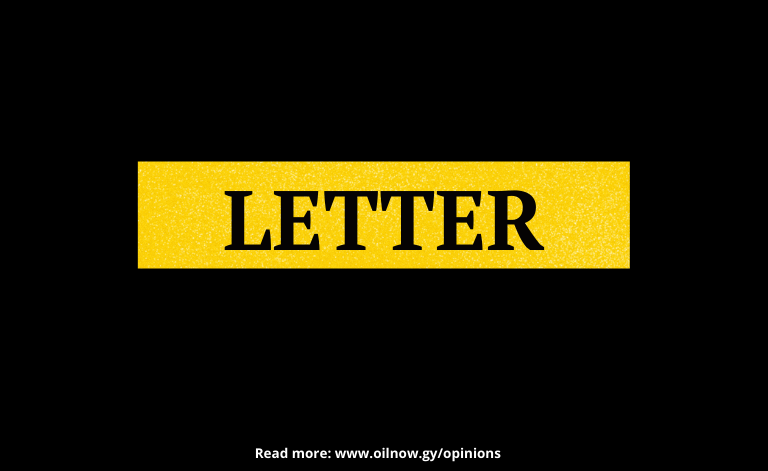Dear Editor,
As a public communications analyst, I have sought to examine the evolving dynamics of diplomatic relations within our CARICOM community. Recent developments among regional leaders underscore both the opportunities and challenges facing Caribbean unity in the midst of shifting global and security landscapes.
His Excellency Dr. Mohamed Irfaan Ali, President of the Cooperative Republic of Guyana, recently reaffirmed Guyana’s steadfast commitment to regional solidarity. In a statement, President Ali noted, “I spoke with Prime Minister Andrew Holness and reaffirmed Guyana’s full readiness to support the Government and people of Jamaica.” This assurance reflects Guyana’s enduring dedication to collaboration and mutual support within the CARICOM framework.
The Honourable Mia Amor Mottley, Prime Minister of Barbados, has likewise emphasized the urgent need for strengthened regional cooperation in the face of mounting threats such as climate change, geopolitical instability, and global financial uncertainty. In her October 27, 2025 address, Prime Minister Mottley expressed grave concern over the increasing military presence in the Caribbean Sea.
According to the BBC’s October 28th report, the United States has deployed troops, aircraft, and naval vessels to the region, including the world’s largest warship — the USS Gerald R. Ford. Such developments have prompted renewed calls for regional dialogue and careful diplomatic engagement.
Several major industries across the Caribbean are deeply interlinked. Key sectors such as oil and gas, international trade, marine operations—including fishing—tourism, and the management of natural coastal resources all depend heavily on the continued cooperation and collective stability fostered by CARICOM. A strong and united CARICOM ensures that these industries can thrive and contribute to the region’s economic resilience and sustainability.
Meanwhile, Dr. The Most Honourable Andrew Holness, ON, PC, MP, Prime Minister of Jamaica and current Chair of the Caribbean Community, reaffirmed CARICOM’s collective commitment to constructive dialogue, regional solidarity, and international cooperation.
As of October 18, 2025, the Heads of Government of CARICOM convened to discuss a range of pressing issues, including the increased security build-up in the Caribbean and its potential implications for member states. It is worth noting that the Prime Minister of Trinidad and Tobago, The Honourable Kamla Persad-Bissessar, expressed reservations, stating, “I do not consider CARICOM a reliable partner, and over the next couple of years, there will be a significant realignment of our foreign policy.”
These developments remind us that maintaining unity within CARICOM requires ongoing dialogue, trust, and strategic diplomacy — particularly as our region faces complex external pressures and emerging geopolitical realities in 2025 and beyond.
Sincerely,
Blane R Bunbury



